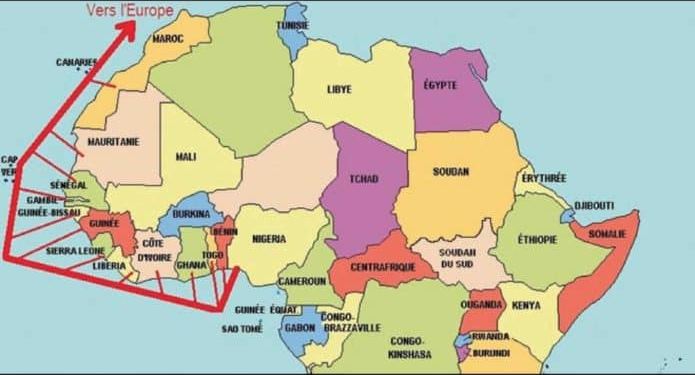Nigeria is reshaping its gas strategy with a bold new move: linking the West African Gas Pipeline (WAGP) to the planned Nigeria-Morocco pipeline (NMGP). The announcement, made by Nigerian National Petroleum Company (NNPC) managing director Bayo Ojulari and reported by Premium Times Nigeria, signals a turning point in the country’s energy ambitions.
The WAGP already delivers Nigerian gas to Benin, Togo, and Ghana. Extending it northward to Morocco would tie it directly into the massive Nigeria-Morocco pipeline project—an undertaking of more than 6,000 kilometers, with an estimated $60 billion price tag. This connection is designed to create a continuous energy corridor from West Africa through the Maghreb, with a direct link to European markets.
Ojulari emphasized that while such an ambitious project will face obstacles, it is crucial for Nigeria’s future. “Great transformations don’t happen without resistance. There will be turbulence, but we are not discouraged. This is about the future of Nigeria,” he said, according to Premium Times.
Momentum is already building on the Morocco side. Industry sources cited by local outlets confirm that construction has started on the first stretch of the pipeline between Nador and Dakhla, a project valued at $6 billion. Integrating the WAGP into this framework would amplify its impact, connecting an existing network to an emerging transcontinental route.
Nigeria’s Minister of State for Gas, Ekperikpe Ekpo, echoed this optimism in remarks to APA News, stressing that work is progressing steadily. He framed the project as a cornerstone of Nigeria’s energy diplomacy, one that could establish the country as a pivotal supplier not only for West Africa but also for North Africa and Europe.
Still, governance remains a critical concern. Orji Ogbonnaya-Orji, head of the Nigeria Extractive Industries Transparency Initiative (NEITI), reminded the NNPC—via comments reported by The Whistler—that the company must resume publishing regular financial and operational reports if it wants to maintain international credibility.
By merging the WAGP with the Nigeria-Morocco pipeline, Abuja is signaling more than an infrastructure upgrade. It is transforming what began as a bilateral project into a continental energy network, with the potential to power African growth and reinforce global energy security.





